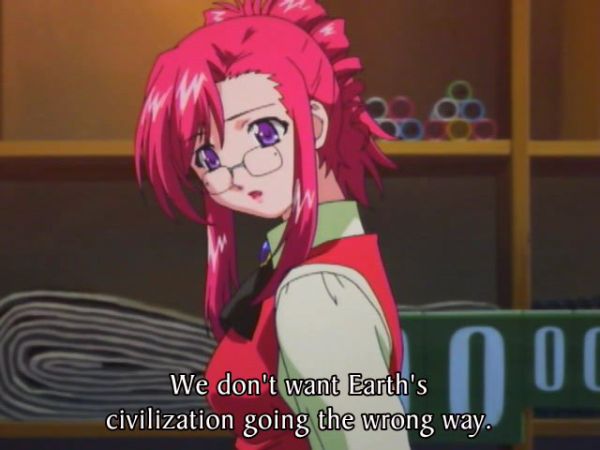
We don’t want Earth’s civilization to go the wrong way, but which way is that, and which is right?
In these days when people all over the developed world (and then some) look to their governments to fix the economy, provide “free” health care and generally kiss the pain away and make it all better, it may be useful to take a look at how government as a concept began: The mafia gaining a monopoly on violence.
Anarchy works just fine for a small village of interrelated families. But if population grows beyond a certain point, or regular contact is established with other villages, organized crime appears. Groups of violent men find that they can easily take what they want by threats of violence. Since most people are neither violent nor organized, much less both, this works very well for those who are.
But as the population (or communication) increases, rival gangs appear, typically with separate core districts where their control is absolute, and turf wars where their ambitions overlap. At this point, the local gangsters can take your stuff in exchange for promises to protect you from rival gangs, as opposed to taking your stuff in exchange for not beating you to a bloody pulp themselves. This is a big step upward in relations. Â This so-called “protection money” is the precursor of today’s taxes.
As civilization advances, the emerging warrior class lives more symbiotically with the populace, their role as protectors becoming more prominent as large-scale war is a permanent threat and a standing army becomes necessary to avoid plunder by barbarians (this includes rival civilizations, who behave like barbarians while away from home. Â You can still see this trait in Norwegian tourists abroad, but let’s not go there today.)
The “families” of the mafia-style criminal hierarchy develop into the kings and nobles of the feudal era, now ruling by divine right as the axial religions worhips order as a divine attribute. The legitimate rulers and their faithful warriors now protect the peaceful citizens from brigands, bandits and gangsters – the small upstarts who were the root of their own origin in a now forgotten age. And of course, the army protects us against other armies. Eventually a separate police force maintains the internal peace, but the police and the army are part of the same government, which has a monopoly on violence.
Finally we got the power to elect our own rulers, within certain limits. At this point, when they seem to be working for us rather than the other way around, all kinds of expectations arise, as if the government was a benevolent parent rather than a mafia demanding protection money. It is still glaringly obvious in some countries that the true power is in the guns: See Turkey, Pakistan and Thailand, democratic countries where the army still steps in regularly if they don’t like what the elected folks do. Â But that could never happen here, right? Because we love our government and our government loves us.
It seems likely (as psychohistory implies) that the progress in government does in fact reflect the progress in parenting. It may seem obvious to us that parents have at all times and all places loved their children, but this is only true for pretty badly screwed up values of “love”, values that are then inherited by the next generation and only gradually soften over millennia of cultivation of higher values.
A society where trust is possible at all, much less trust in the government, is indeed a monumental achievement. Even so, if you have taken a long hard look at history, I think you will feel a bit nervous about waiting for government to solve our problems.
